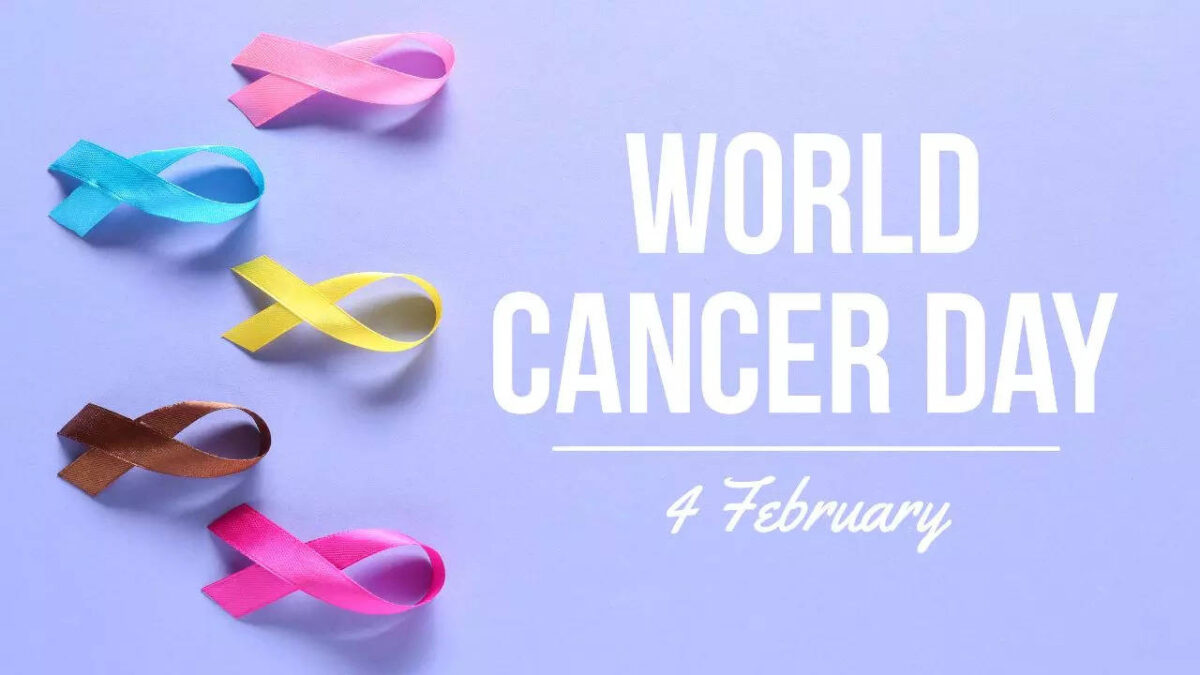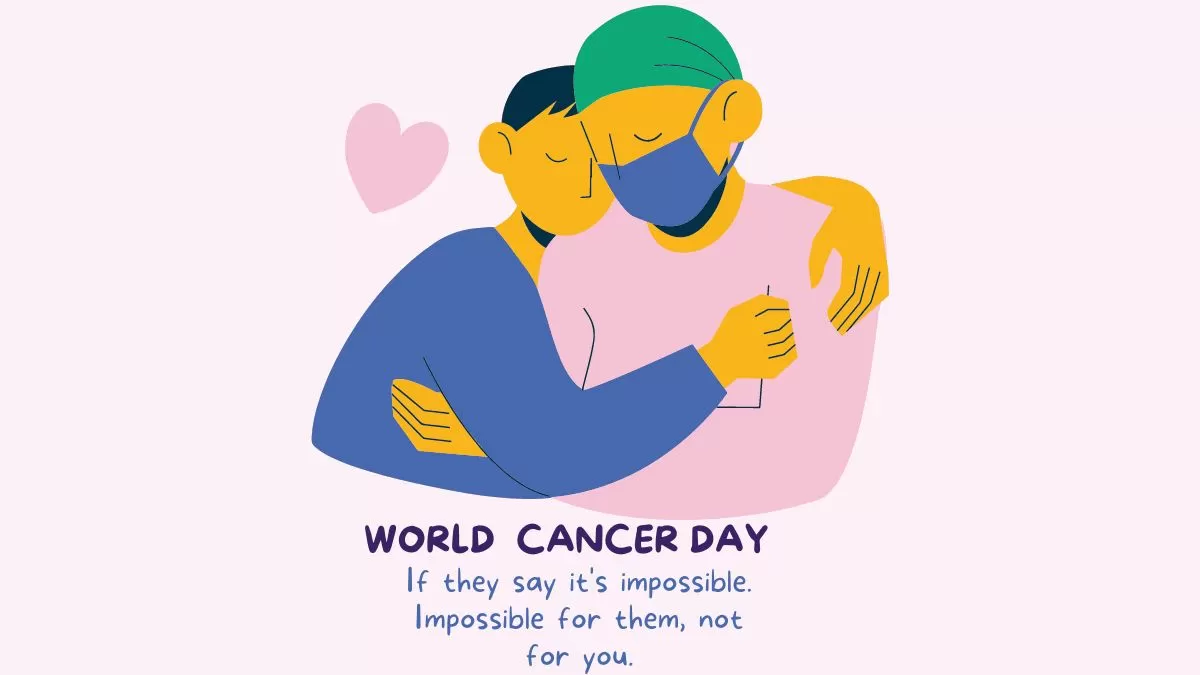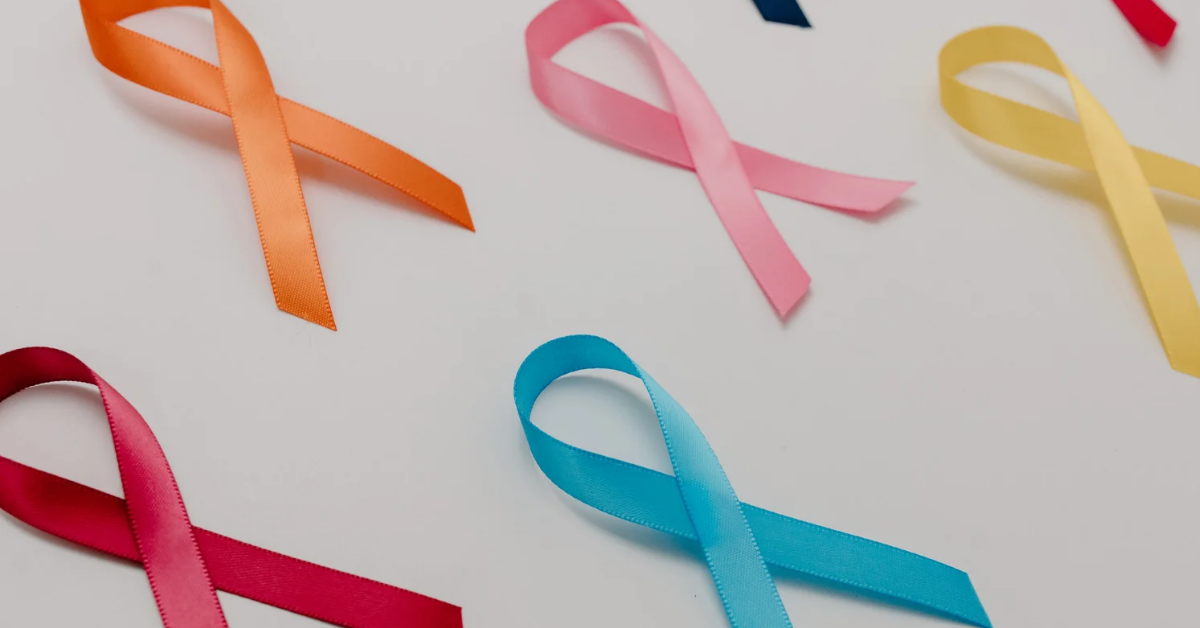World Cancer Day serves as a poignant reminder for collective action against the scourge of cancer. By fostering awareness, imparting knowledge, and extending support to those battling the disease, we can collectively mitigate its devastating effects.

February 4 marks World Cancer Day, an annual observance dedicated to spotlighting cancer, advocating early detection, and promoting treatment and prevention initiatives. It provides a platform to underscore cancer’s profound impact on individuals, families, and communities worldwide. But why precisely do we commemorate World Cancer Day on February 4? Let’s explore the rich history, profound significance, and prevailing themes that characterize this pivotal day.
History of World Cancer Day
World Cancer Day traces its origins back to February 4, 2000, when it was inaugurated during the World Summit Against Cancer for the New Millennium held in Paris. The event aimed to foster collaboration in cancer research, prevention, patient services improvement, awareness raising, and global mobilization against cancer. The Paris Charter, a pivotal outcome of the summit, officially endorsed the establishment of World Cancer Day.
According to Dr. Matshidiso Moeti, the WHO Regional Director for Africa, the period spanning from 2022 to 2024 focuses on “Closing the cancer gap.” This initiative aims to address disparities in cancer prevention, diagnosis, and treatment across different regions and demographics. In her message for World Cancer Day, Dr. Moeti highlights this year’s theme: “Together, we challenge those in power.” This theme underscores the global imperative for leaders to prioritize cancer prevention and care, urging concerted efforts to attain a more equitable and cancer-free world.

World Cancer Day 2024: Identifying Risk
Factors Cancer encompasses a spectrum of conditions, ranging from carcinoma, sarcoma, lymphoma, and myeloma to leukemia, brain, and spinal cord cancers. Both modifiable and non-modifiable factors contribute to the development of these diverse types. Lifestyle choices, such as excessive alcohol consumption, obesity, poor dietary habits, and sedentary lifestyles, heighten the risk of many cancers. Genetic predisposition also plays a significant role, amplifying susceptibility to the disease. Individuals with compromised immune systems face elevated risks, while exposure to man-made sources of radiation, including x-rays and gamma rays, can exacerbate cancer development. Moreover, infections contribute substantially to cancer-related deaths, with approximately 2.2 million fatalities attributed to infectious agents annually. Understanding these factors is pivotal for implementing effective prevention and intervention measures.
Recognizing Cancer Symptoms:
Unusual lumps or swelling
- Fatigue
- Changes in bowel habits
- Sudden weight loss
- Unexpected bleeding
- Intermittent pain or discomfort
- New or changing moles
- Loss of appetite
- Persistent sores or ulcers
- Heartburn or indigestion
5 Lifestyle Changes to Combat Cancer
1. Eat Healthier: Opt for a diet rich in colorful fruits, vegetables, and whole grains. Aim for a predominantly vegetarian diet to maintain an alkaline body environment that supports overall health. Minimize consumption of high-calorie, low-nutrient foods and processed items to reduce the risk of obesity and associated cancers.
2. Manage Stress: Cultivate practices like meditation and mindfulness to alleviate stress and promote mental well-being. Avoid negative thought patterns like comparison, criticism, and complaining, which can contribute to mental and emotional distress. Embrace acceptance and resilience in the face of adversity to maintain inner peace.
3. Prioritize Sleep: Ensure adequate sleep of at least seven hours per night to support immune function and cellular regeneration. Disrupted sleep patterns, especially among night shift workers, may increase susceptibility to various cancers, highlighting the importance of maintaining a regular sleep schedule.
4. Embrace Physical Activity: Engage in regular physical exercise and creative pursuits to alleviate stress and promote emotional balance. Physical activity stimulates the production of endorphins, which uplift mood and strengthen the immune system. Cultivate positivity and joy to enhance overall resilience and immunity against diseases, including cancer.
5. Avoid Alcohol and Tobacco: Minimize or eliminate alcohol and tobacco consumption to mitigate the risk of cancer development. Initiation age, duration of use, and quantity consumed significantly influence cancer susceptibility. Cultivate gratitude and simplicity in daily life to foster spiritual healing and resilience in the face of adversity.
In conclusion, while cancer may pose significant challenges, adopting positive lifestyle changes can empower individuals to strengthen their physical, emotional, and spiritual well-being, enhancing their resilience against this formidable disease.



